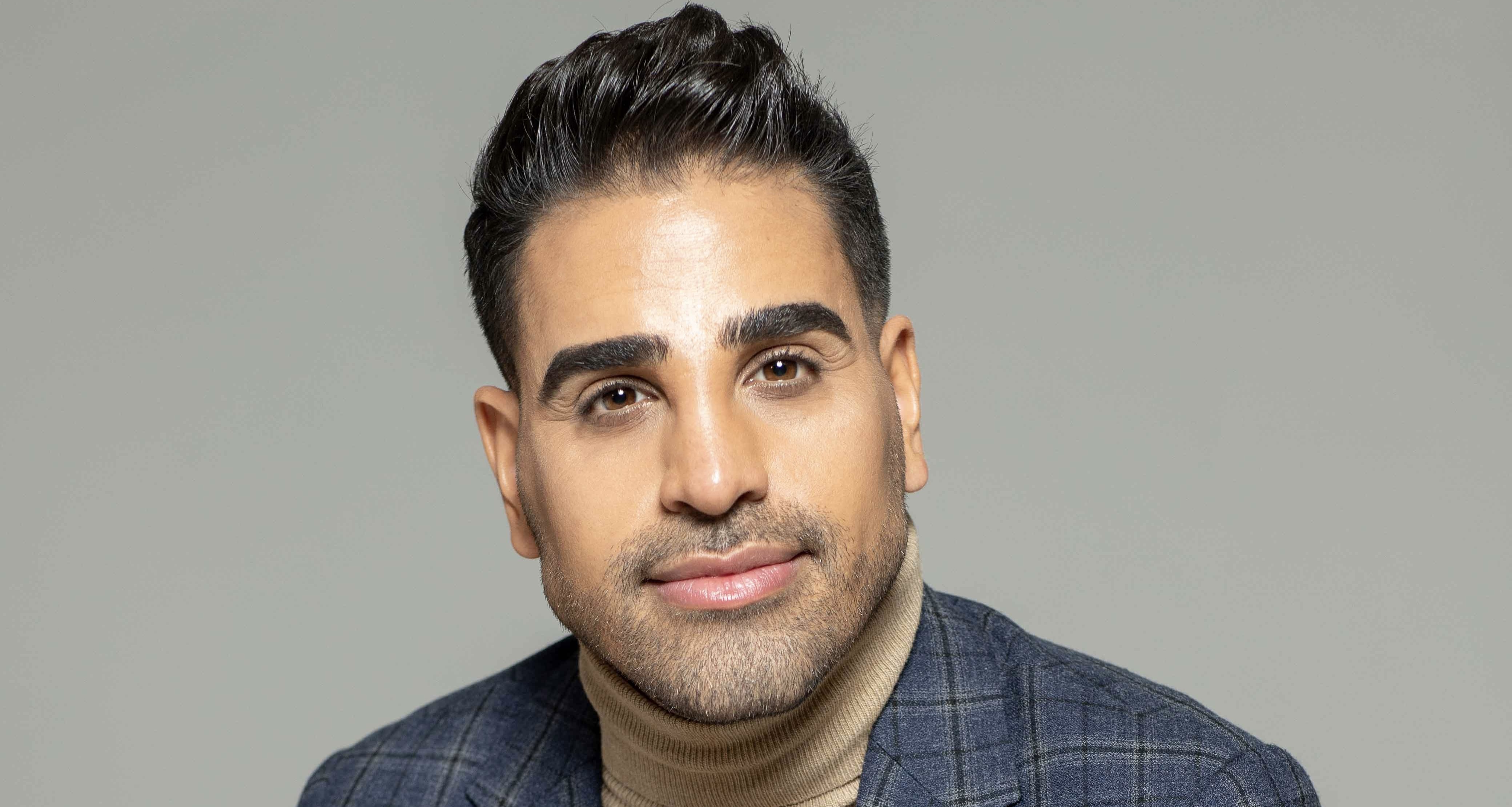Doctor’s Orders: Dr Ranj Singh offers tips on dealing with brain fog
In his latest column, Dr. Ranj discusses one of the side effects of long-Covid.

Words: Dr. Ranj Singh; pictures: Provided
Every winter, I experience a slump in both my physical and mental well-being. It’s not full-blown Seasonal Affective Disorder, but I feel cognitively sluggish and lacking in motivation. The same happened at the start of this year, only this time it was much worse.
Concentrating was a struggle and even short periods of work exhausted me. I became easily overwhelmed and developed constant anxiety I could not control. I also struggled to remember names in social situations and would randomly lose my train of thought. It felt like I was going mad.
Initially, I put it down to stress, but after various conversations with colleagues and my doctor, I realised that I had brain fog as a result of long Covid — I had the virus in July 2021.
“You need to feed and water the brain for it to function properly”
Brain fog, or cognitive dysfunction, is associated with many conditions including migraines and menopause, as well as long Covid. It affects your memory, concentration, and attention, as well as your sleep. Anxiety can be another side effect.
Ongoing research indicates that brain fog is a result of inflammation in the brain caused by Covid. And it turns out that lots of people have it. In one Cambridge University study, 70 percent of those diagnosed with long Covid (persistent symptoms lasting more than 12 weeks after having Covid) are living with brain fog.
Thankfully, there are self-care steps you can take to improve matters. Nutrition and hydration are key: you need to feed and water the brain properly for it to function at its best. Getting enough sleep is also crucial as this is when the brain replenishes itself. More shut-eye has definitely helped me.
To cope with feeling overwhelmed, I now follow a routine every day. Our brains like patterns because a lot of what we do is then automated, which requires less mental energy. This involves planning what you need to do and prioritising the most important tasks.
I’ve also slowed down and learned to say no, which has meant I’m doing less, but I’ve become more productive as I’m no longer fretting all the time.
For most, brain fog improves after a while, but for some, it is ongoing and debilitating.
Various treatments for the symptom are being investigated — from blood thinners to probiotics — and we await the results. In the meantime, speak to your doctor and try out the measures above.
Also, consult online sources such as The ME Association, long Covid podcast TLC Sessions (especially the episode on brain fog), and yourcovidrecovery.nhs.uk. And finally, get vaccinated, because that cuts your chances of getting long Covid in the first place!
The Attitude September/October issue is out now.

